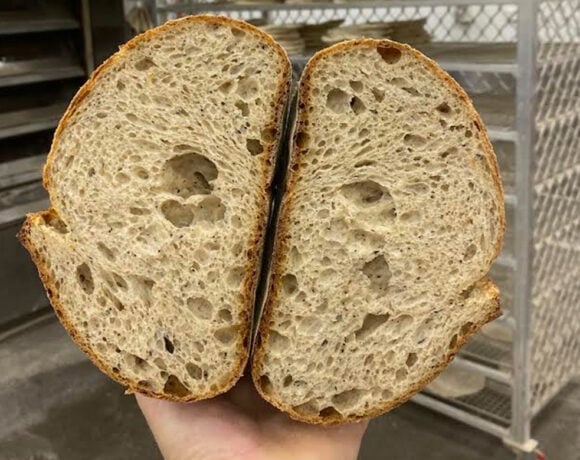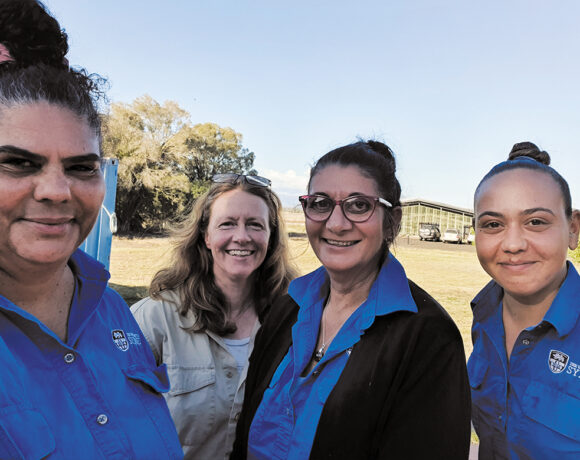Gamilaraay man and University of Queensland (UQ) PhD candidate Jacob Birch will be helping to facilitate the return of locally extinct grains to Queensland’s grasslands.
Inspired by his Churchill Fellowship, which allowed Jacob to travel to North America to study the achievements of the Indigenous communities, Jacob is now gathering seed to sow at UQ’s Gatton campus later this year.
Jacob said some of these grasses could no longer be found on Country.
“In fact, grasslands in general are critically endangered in a lot of regions across Australia,” he said to UQ News.
“What we are hoping to do in partnership with families from the Yagara people, is grow culturally significant species native to both Gamilaraay Country in Southern Queensland and north-western New South Wales, and in the Gateebul territory of Yagara Country in South East Queensland.”
Once the seed has been sourced from Gamilaraay Country a trial crop will be sown under the governance of Gamilaraay and Yargara peoples.
Jacob said the land being used had been gifted by Gatton farm stakeholders and facilitated with Indigenous engagement staff at the Queensland Alliance for Agriculture and Food Innovation and UQ’s Faculty of Science.
“The project has not been funded, so we’ll be relying on the generosity of volunteers and farm staff,” he said.
“But we do have a proposal to develop an integrated native grain seed collection and production program, which could be activated with the right support.”
Jacob said having the two mobs working together on the project was significant, as prior to colonisation communities used to travel to each other’s Country to conduct ceremonies and trade, amongst other things.
“This is very important for thinking about the future, working together to achieve joint aspirations but also rebuilding those networks,” he said.
The aim is also to follow the footsteps of North American Indigenous communities, which Jacob said were 30 years ahead of Australia.
“Some US Indigenous communities have become regional economic powerhouses, creating food systems and flipping the dominant agricultural system of economic profit,” he said.
“They’ve managed to increase their life expectancy to exceed the national average by eating their own locally-grown and processed native and commercial foods.
“That means you have thriving Indigenous populations in a nation that is feeling the same pressure we are in Australia with the changing global climate and cost of living pressures.”
Jacob said, with this in mind the native grains had the potential to improve the lives of Indigenous Australians.
“Native grains may not feed the world, but it’s about setting a different way of doing business in the food and agriculture space,” he said.
“It could be the door we walk through to a bigger opportunity.”







COMMENTS